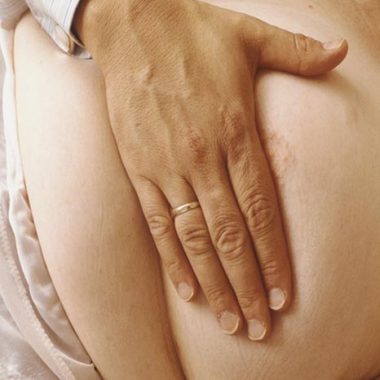Breast cancer screening numbers fall for third year running

The proportion of women being screened for breast cancer in England is in a gradual decline, with the trend underlined by a third consecutive annual drop.
But the importance of the Breast Screening Programme was stressed by the finding that out of the almost 18,000 women found to have cancer 40% had tumours less than 15mm in diameter that are usually too small to detect by hand.
By the end of 2013/14, just 75.9% of 5.64m eligible women had a breast cancer screening in the past three years, compared to 76.4% at the end of 2012/13 and 77% as 2011/12 closed, Health and Social Care Information Centre (HSCIC) figures showed.
However despite the decline, HSCIC stressed that take up is still ‘the NHS Cancer Screening Programme’s minimum standard of 70%’ and it detected cancers in a total of 17,961 in women aged over 45 during 2013/14, compared to 16,432 women the previous year.
The largest number of cancers was detected in women over 70, with the lowest rates among women 45-49 and 55-59.
For the first time, the latest report also included information on women who were considered ‘high risk’ – where medical history or family history indicates a higher risk of developing breast cancer. A total of 1,231 high-risk women were screened.
The news comes as the latest NHS England statistic on cancer waiting times, covering October to December last year, revealed that 68 trusts in England failed to meet the target for urgent referrals, leaving 5,000 people waiting more than 62 days to start urgent treatment.
Macmillan Cancer Support’s director of policy and research Dr Fran Woodard, said:
‘This marks a year of this target being consistently missed, a year in which we’ve barely seen any improvements to waiting times being made.’
Visit Pulse Reference for details on 140 symptoms, including easily searchable symptoms and categories, offering you a free platform to check symptoms and receive potential diagnoses during consultations.









